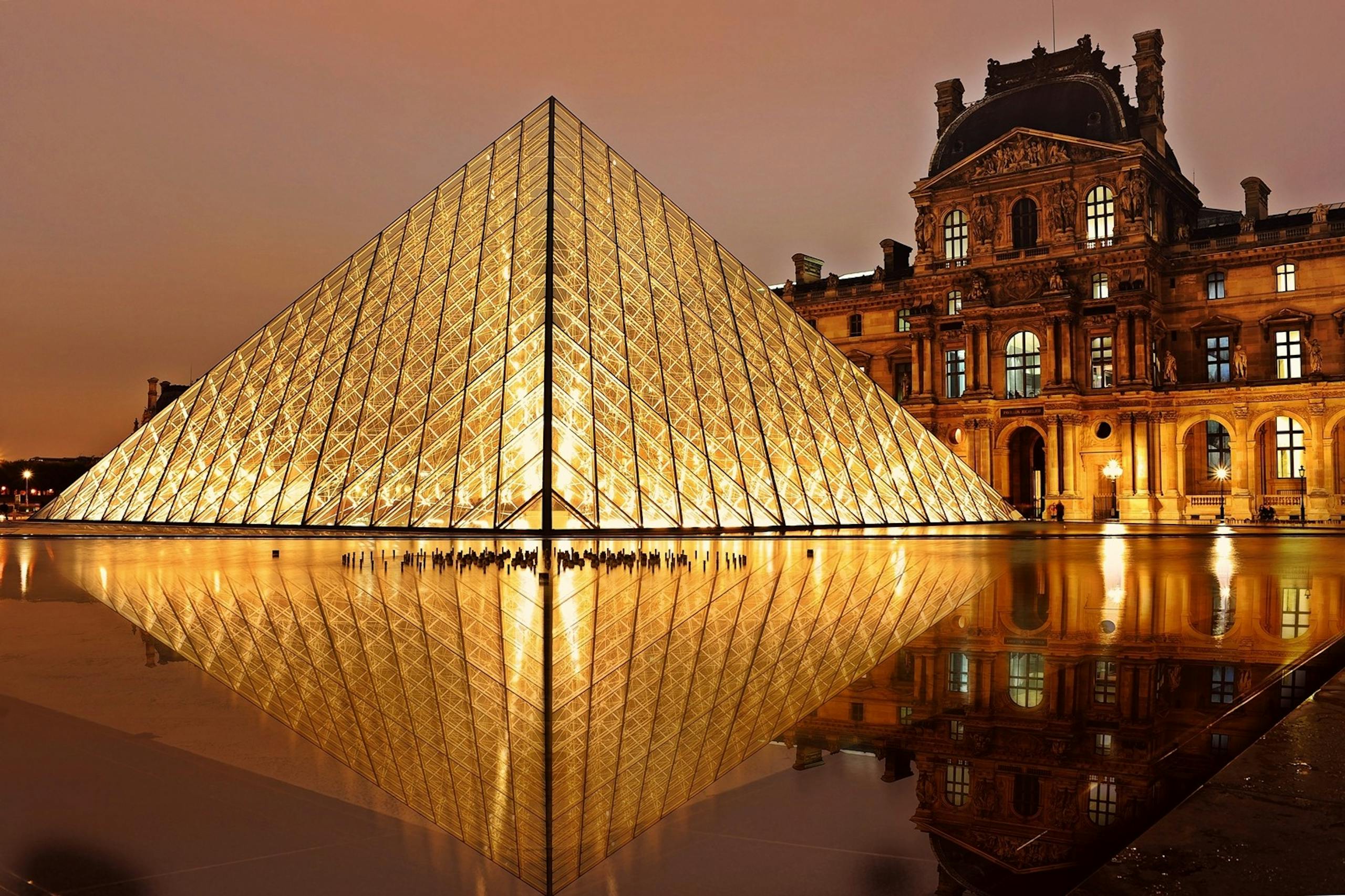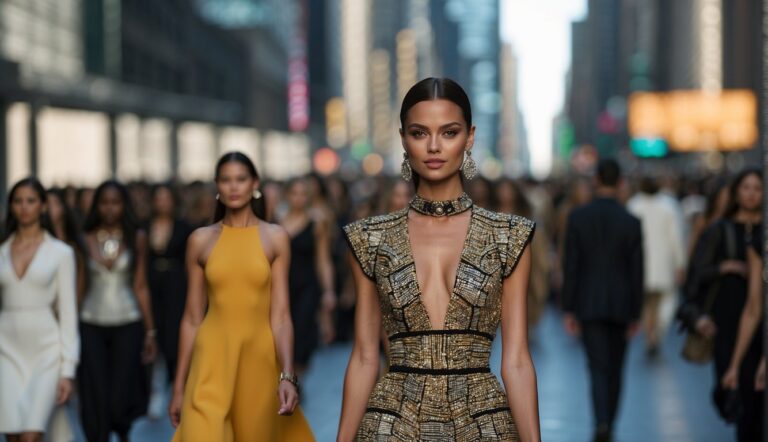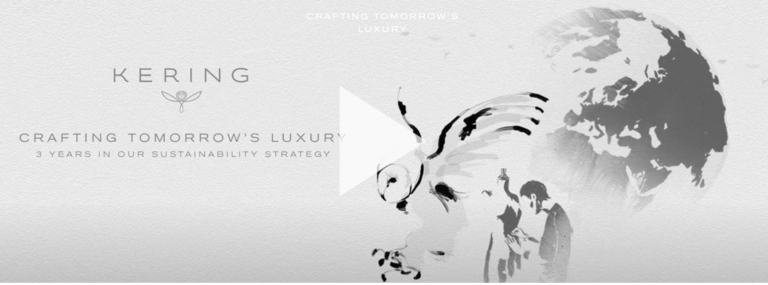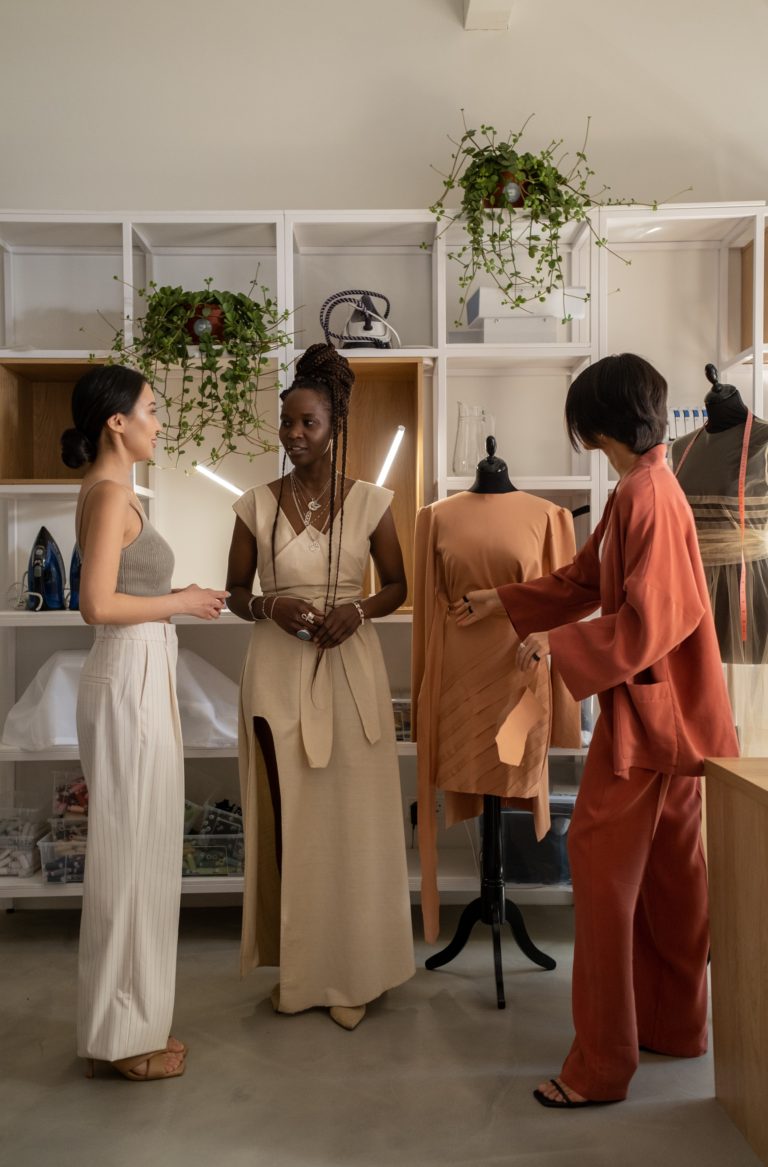Exclusivity: Why Is Paris Fashion Week Invite Only?
Paris Fashion Week was made exclusive to preserve the allure and prestige of it especially because many shows are held in historic Parisian locations, with limited space which necessitates a strict guest list.
Paris’ fashion industry birthed fashion weeks, and it was in 1973 when they organized the first vibrant showcase of creativity and style. Unfortunately it is invite only and only select individuals are able to attend their shows. There are many good reasons for this which we’ll explore in this article today.
Key Takeaways
- Exclusivity enhances allure and prestige of Paris Fashion Week.
- Balances traditional allure with modern trends and technologies.
- Influences global fashion trends and marketing strategies significantly.
1. Historically it began as an exclusive event
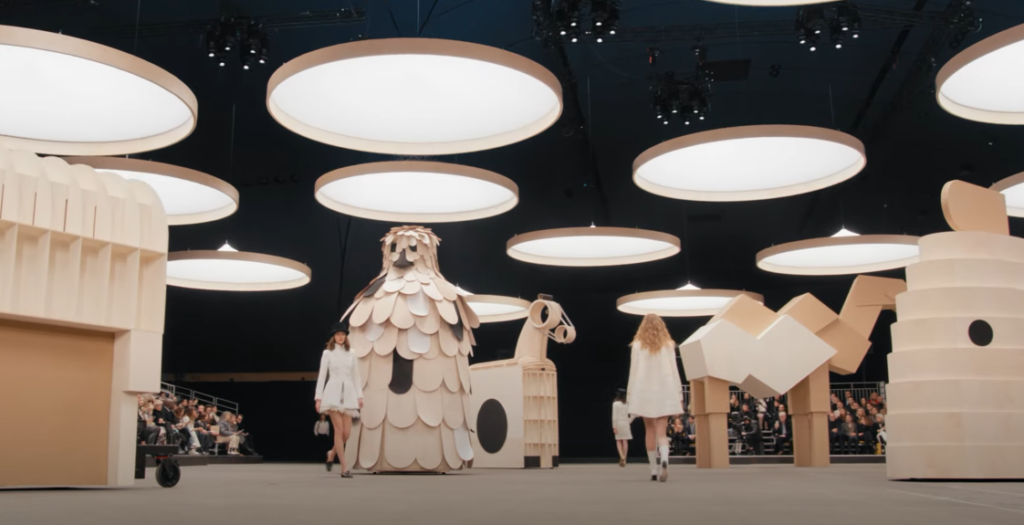
The Birth of Paris Fashion Week
Paris Fashion Week, traces back to the early 20th century, when haute couture houses began presenting their collections in Paris. This era set the stage for a tradition of exclusivity and high standards in fashion. Paris, known for its artistic vitality, quickly became the epicenter of fashion innovation.
As decades passed, the official first Paris Fashion Week began in 1973, however, Post-World War II, it gained international acclaim, attracting designers, celebrities, and the elite from across the globe. The fashion shows transformed from intimate salon gatherings into grandiose events, each with its own narrative and spectacle.
2. Exclusivity as a marketing method

Paris Fashion Week has 3 categories, mens wear, haute couture, and ready to wear. Technically Haute Couture is made for an exclusive set of individuals, however most fashion shows during Paris Fashion Week, even ready to wear are also invite only. This is because Paris has a legacy of exclusivity that has been meticulously cultivated over time.
The event’s allure is partly due to its selective nature, making an invitation a coveted token of access to the inner circles of fashion. In fashion, exclusivity isn’t just a concept; it’s a strategic tool. It represents a world that’s not readily accessible, creating a sense of desire and aspiration. High-end fashion brands have long used exclusivity as a cornerstone of their identity, elevating their appeal to consumers.
Exclusivity and Luxury Branding
Luxury brands thrive on the exclusivity model. It creates a perception of rarity and uniqueness, essential elements in the luxury market. By making their products and events exclusive, these brands maintain a high-status image that appeals to a specific clientele.
This in turn helps when individuals are extended an invitation, they take fashion seriously and in order to continue to secure their invitations in future seasons, individuals rarely turn these invitations down. These luxury fashion houses continue to have very coveted seats at every fashion week creating a sense of allure.
Impact on Consumer Perception
Exclusivity shapes how consumers perceive a brand. An invite-only event like Paris Fashion Week amplifies a brand’s prestige. Attendees, and even those who aspire to attend, often view these brands as symbols of a particular lifestyle and status. This perception is pivotal in the world of luxury fashion, where the brand’s image is as important as the products themselves.
3. Practical Reasons for an Invite-Only Model

Venue Limitations and Logistics
The practicalities of hosting a fashion week play a significant role in its exclusivity. Venue capacity is a significant constraint. Many shows are held in historic Parisian locations with limited space, necessitating a strict guest list to manage crowds and ensure an intimate, high-quality experience.
Focused Audience
Paris Fashion Week aims to attract a particular demographic: industry professionals, influencers, celebrities, and high-net-worth individuals. This selective audience is essential for networking, deals, and media coverage. An invite-only model ensures that the attendees are directly relevant to the designers’ goals.
Security and Privacy Concerns
With high-profile attendees comes the need for heightened security. An open event could pose risks and logistical nightmares in ensuring the safety of VIP guests. Moreover, the privacy of these guests is paramount, something that is more manageable in a controlled, invite-only environment.
4. Enhances Media coverage because it is exclusive
Creating a Buzz with Scarcity
The scarcity principle is a powerful tool in marketing, and Paris Fashion Week leverages it masterfully. By making the event invite-only, organizers create a sense of scarcity and exclusivity, which in turn generates intense interest and buzz. This heightened attention ensures that when a brand showcases its collection, it receives maximum visibility.
Enhanced Media Coverage
An invite-only event like Paris Fashion Week naturally attracts more media attention. Journalists and media outlets vie for the limited spots, ensuring comprehensive coverage of the event. This exclusivity amplifies the event’s importance, making it a significant news item in both fashion and mainstream media.
Digital Engagement and Live Streaming
Despite its exclusivity, Paris Fashion Week has adapted to the digital age. Live streaming of shows and social media coverage allows the event to reach a broader audience while maintaining its exclusive status. Many shows end up on YouTube later on increasing public interest. This strategy balances the need for public engagement with the allure of an invite-only event.
5. Creates opportunities for emerging designers
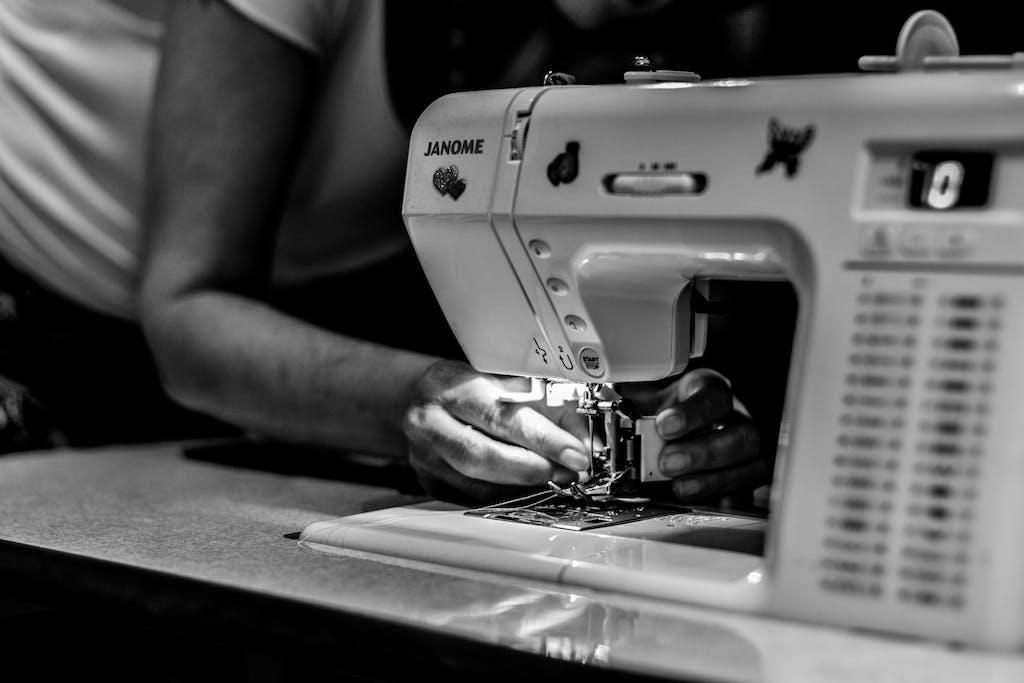
Opportunities for Emerging Designers
While Paris Fashion Week is exclusive, it also presents opportunities for emerging designers. If designers are able to gain the chance to be part of such a prestigious event can catapult a new designer into the spotlight, offering exposure to influential figures in the industry.
Established Brands and Exclusivity Leverage
For established brands, Paris Fashion Week is a platform to reinforce their status and bring something new to the table. The exclusivity of the event aligns with the luxury image these brands often cultivate, enhancing their appeal to high-end consumers.
6. There are Fashion Weeks Open to the Public
Alternative Fashion Weeks
Not all fashion weeks follow the invite-only model. Events in cities like New York and London offer more accessible formats, with some shows open to the public or available via ticket purchase. These events provide a different atmosphere, more inclusive yet still maintaining a sense of occasion. They also offer much larger audience seating.
These open-access events demonstrate the fashion industry’s diversity in event hosting. They offer a more democratic approach, allowing a broader audience to engage directly with fashion culture.
Comparison with Paris Fashion Week
Comparing these events with Paris Fashion Week reveals the varied strategies within the fashion industry. While Paris prioritizes exclusivity and luxury, other cities focus on accessibility and broader engagement, showing the industry’s multifaceted nature.
Paris Fashion Week the symbol of prestige
Paris Fashion Week remains a symbol of prestige and exclusivity in the fashion world, a legacy built upon decades of tradition and high standards. Its invite-only nature is a multifaceted decision, rooted in practicality, marketing strategy, and a desire to maintain a certain level of exclusivity and allure. While it presents challenges in terms of accessibility and inclusivity, it also offers unparalleled opportunities for those within its circle. As the fashion industry continues to evolve, Paris Fashion Week may adapt, integrating new trends and technologies while preserving the exclusive essence that defines it. This event not only showcases the latest in fashion but also reflects the dynamic interplay between tradition and modernity in the ever-evolving world of high fashion.
In the end, Paris Fashion Week stands as more than just a series of fashion shows; it’s a cultural phenomenon that encapsulates the glamour, complexity, and transformative power of the fashion industry.
